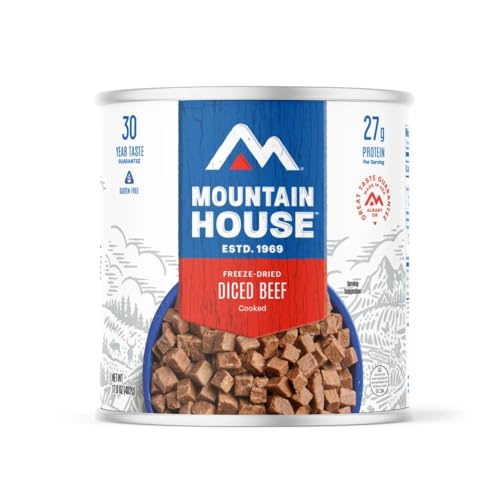- Joined
- Sep 19, 2018
- Messages
- 2,530
- Reaction score
- 1,286
I bought a 2004 travel trailer and want to plug it into an extension cord that plugs into an outdoor receptacle on my porch. But when I tried doing this with my truck camper a couple years ago I read that you shouldn't plug directly into your house outlets.
I bought three adapters or dog bones. Will any of these work? And, if anyone has a link to trailer electrical systems for dummies, I'd appreciate it.
I bought three adapters or dog bones. Will any of these work? And, if anyone has a link to trailer electrical systems for dummies, I'd appreciate it.

































































